On These Grounds:
Designing an Event Ontology to Describe the Lived Experiences of Enslaved People who Labored for Colleges and Universities
Sharon M. Leon | History & DH | MSU
@sharonmleon
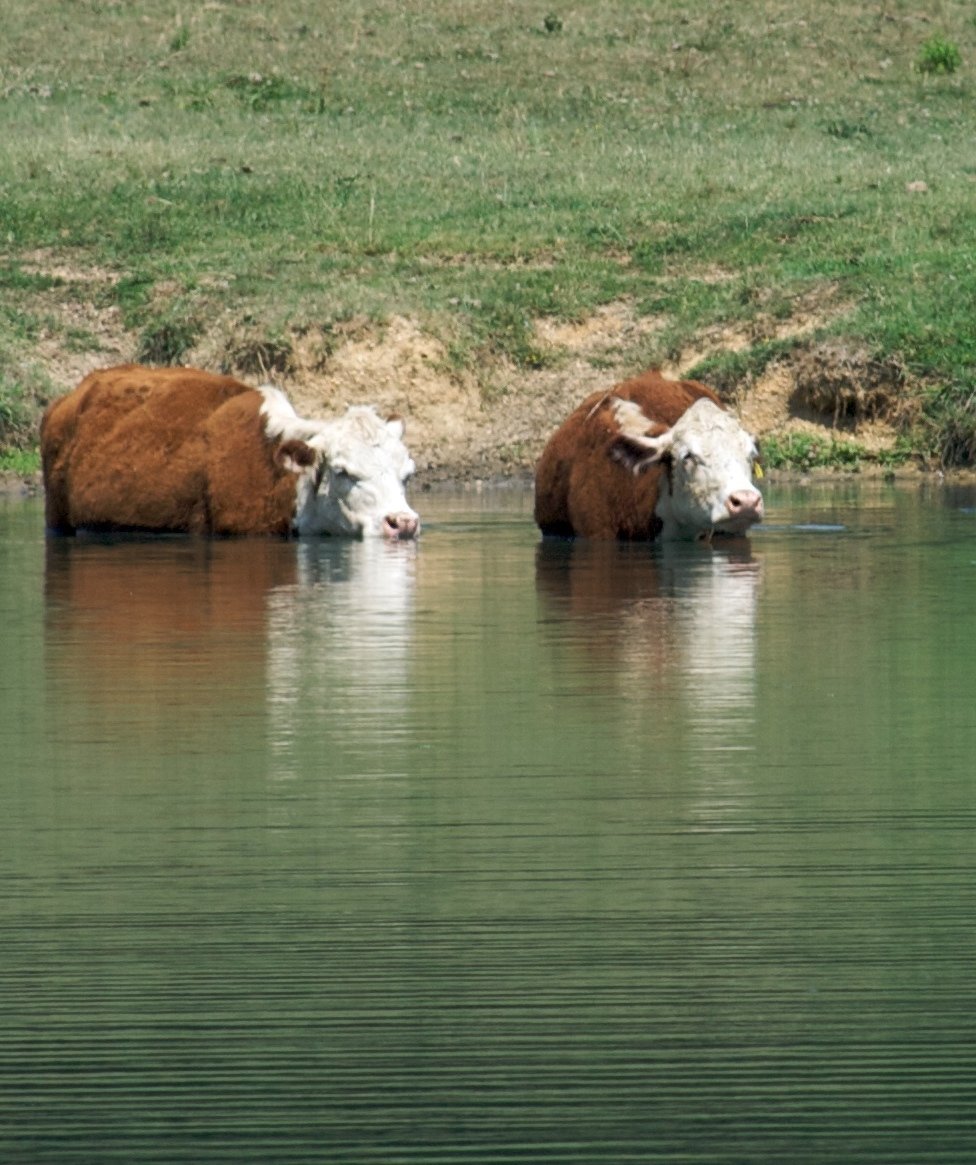
Jesuit Plantation Project II
What can we know about the lives of the people enslaved and owned between 1717 and 1838 by the community of priests who founded Georgetown University?
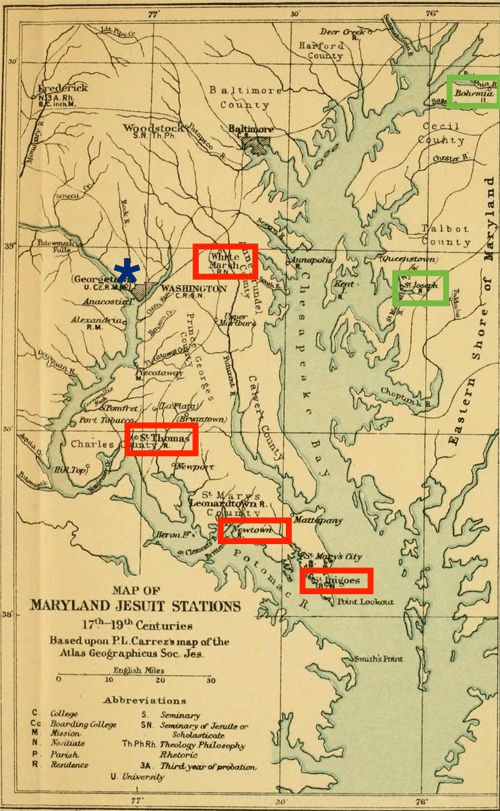
Patrick Barnes
- Blacksmith.
- Puts his family's freedom in motion in 1792.
- Begins paying on his wife Mary and children Isaac & Hannah in 1793.
- Purchases his own freedom in 1797.
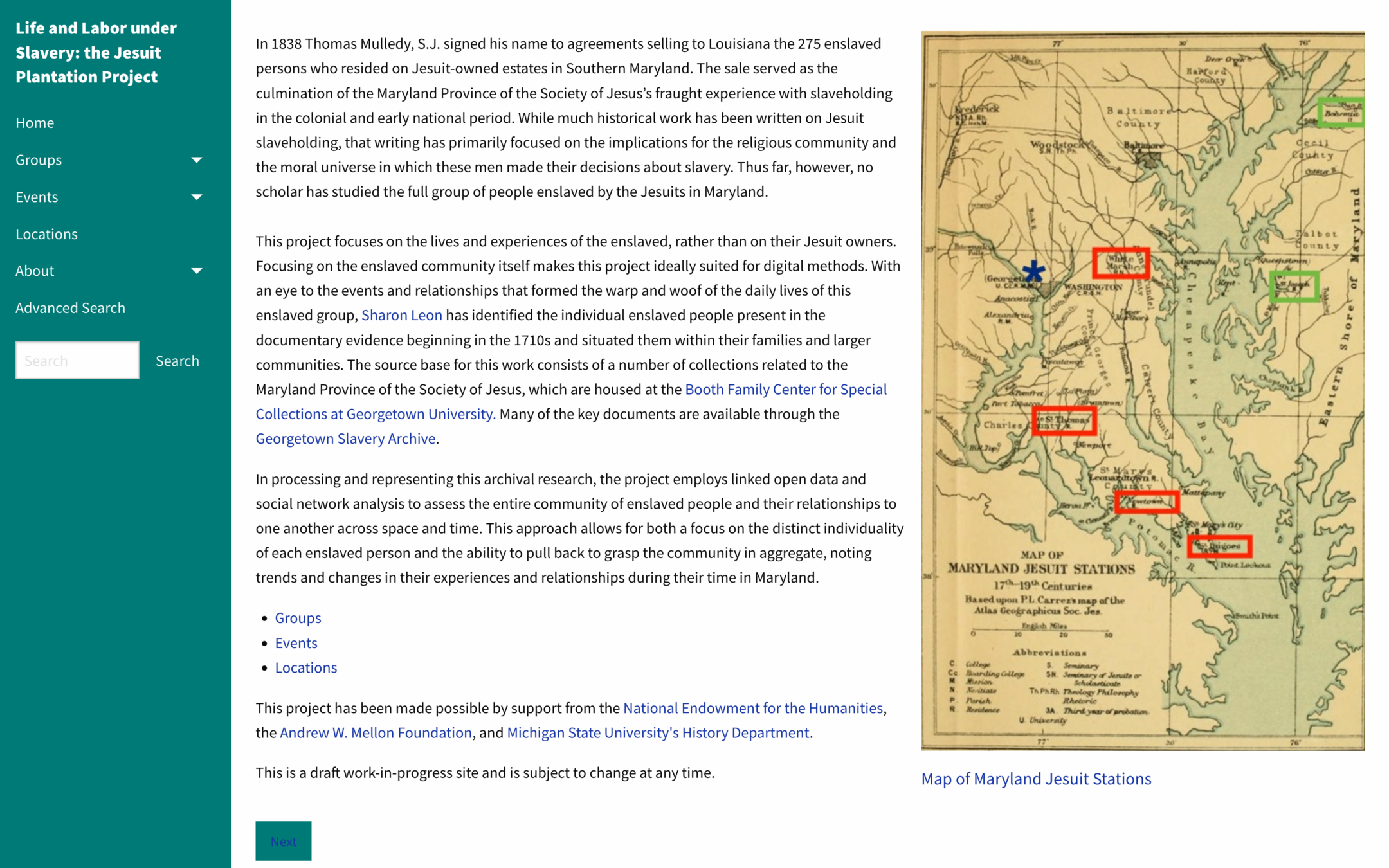
Document Transcriptions
[1802 Dr St. Thomas's Manor in acct with Cash]
[1803]
[Jan]
26 To cash from Henny for 3 barrels corn @ $2 6.00 2.5.0
April 22 To Cash recd for sale of negro Constant, property of N.L. Sewall's estate 101.10.0
[opposite folio 1802 Contra Cr.]
[1803]
[Jan]
10 By do to do (the Taylor C. Layman) for making a servant's great coat 0.12.6
April 22 By Do [cash] to Mrs. Dorothy Digges for negro woman Jenny & her child 85.0.0
Rectangular Research Data

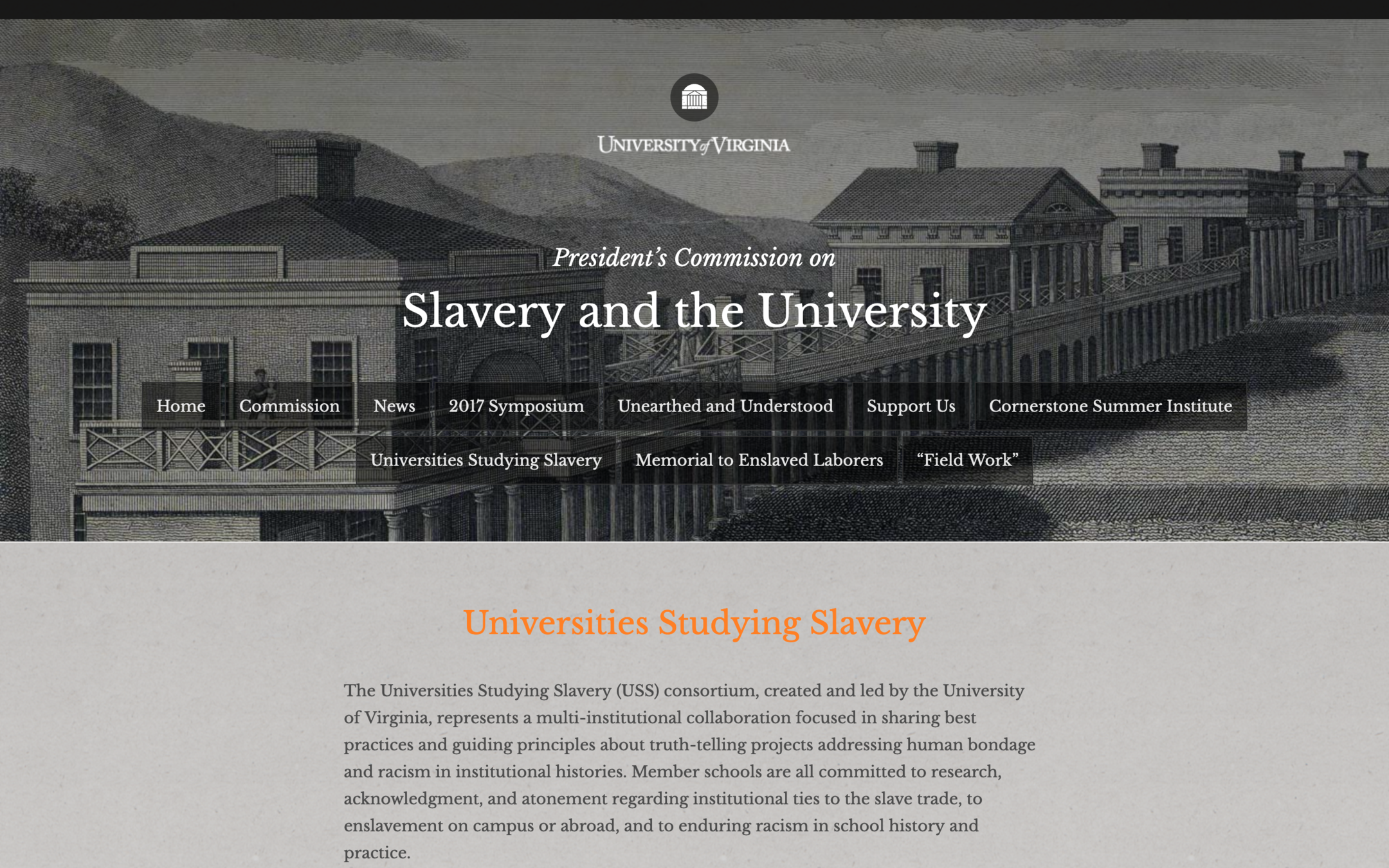

On These Grounds
How can we design and disseminated a shared LOD model to describe the lived experiences of the enslaved people who labored for colleges and universities?
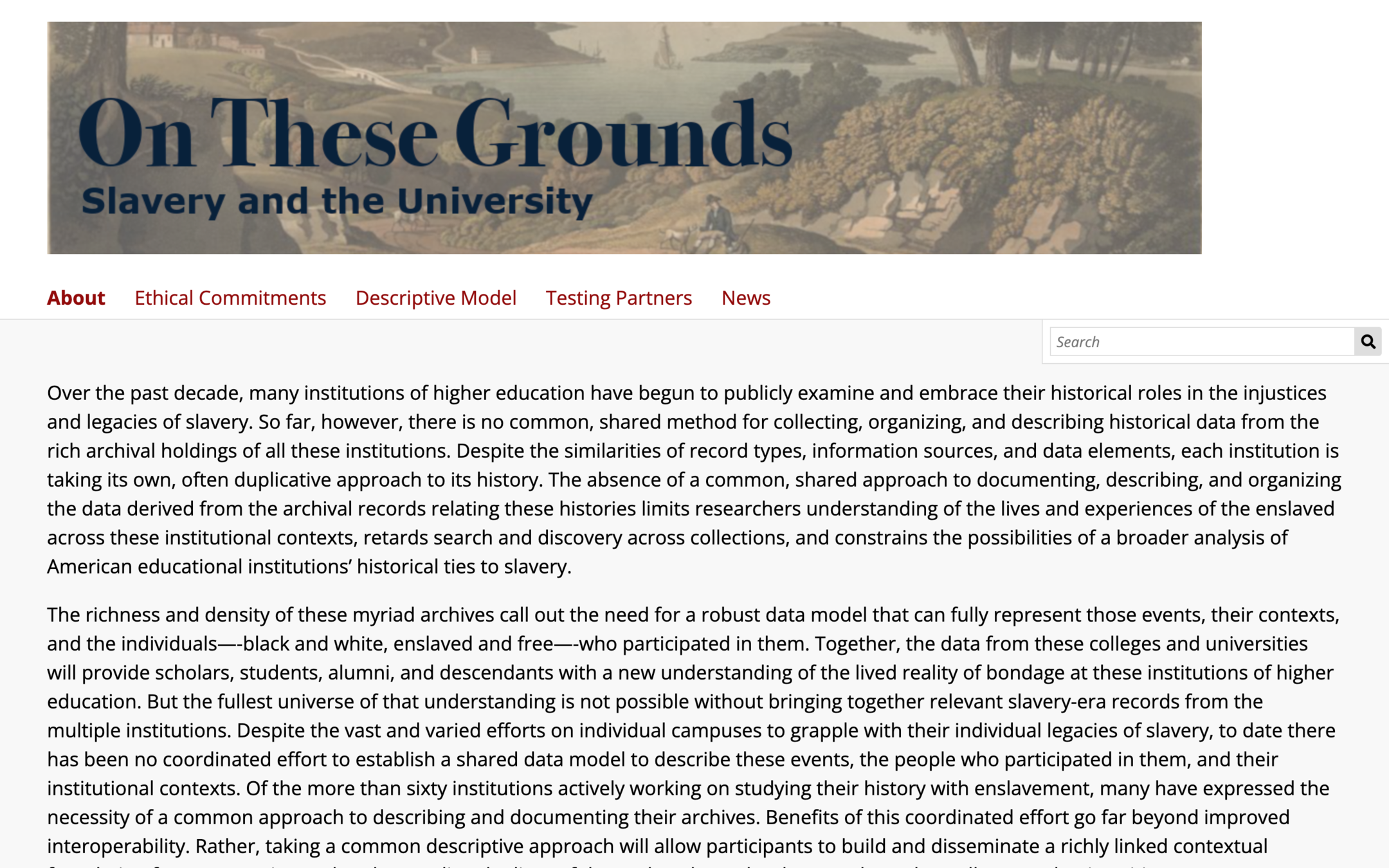
Interdisciplinary Team
Not unlike the data to be created, the work of developing a well-fitted ontology and set of controlled vocabularies requires an interdisciplinary team:
- Historians
- Archivists
- Metadata specialists
- Linked data specialists
- Technologists



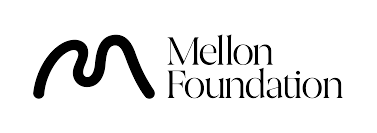
- Not transcription
- Not collections finding aid
- Not object metadata
- Derived
- Interpretive
- Often related to entities outside the purview of cultural heritage collections
Meso-Level data

1
Document description case studies
2
Develop Simple Model that uses single class with common properties to describe all events.
3
Develop Event Type controlled vocabulary.
5
Create description for testing universe documents using both models.
4
Design Complex Model with event classes derived from the controlled vocabulary.
6
Select and refine the model that adequately describes the domain while also being usable.
OTG Model Testing Process
Model Evaluation
Adapted from Flanders and Jannadis's The Shapes of Data in Digital Humanities (2018).
- How does the model fit the user requirements of archivists and historians to understand the lived experiences of enslavement in relation to higher education?
- Does the model fully describe the scope of events in this context?
- How well can the model be supported with existing software using best practices for the publication of LOD?
- What are the costs of its application, in training, documentation, tool development, and maintenance for archives?
- How is it situated in relation to other data models? Does it make use of ontology design patterns and appropriate elements of widely used ontologies?
- Does it make use of existing standards whenever possible, or does it duplicate those standards?
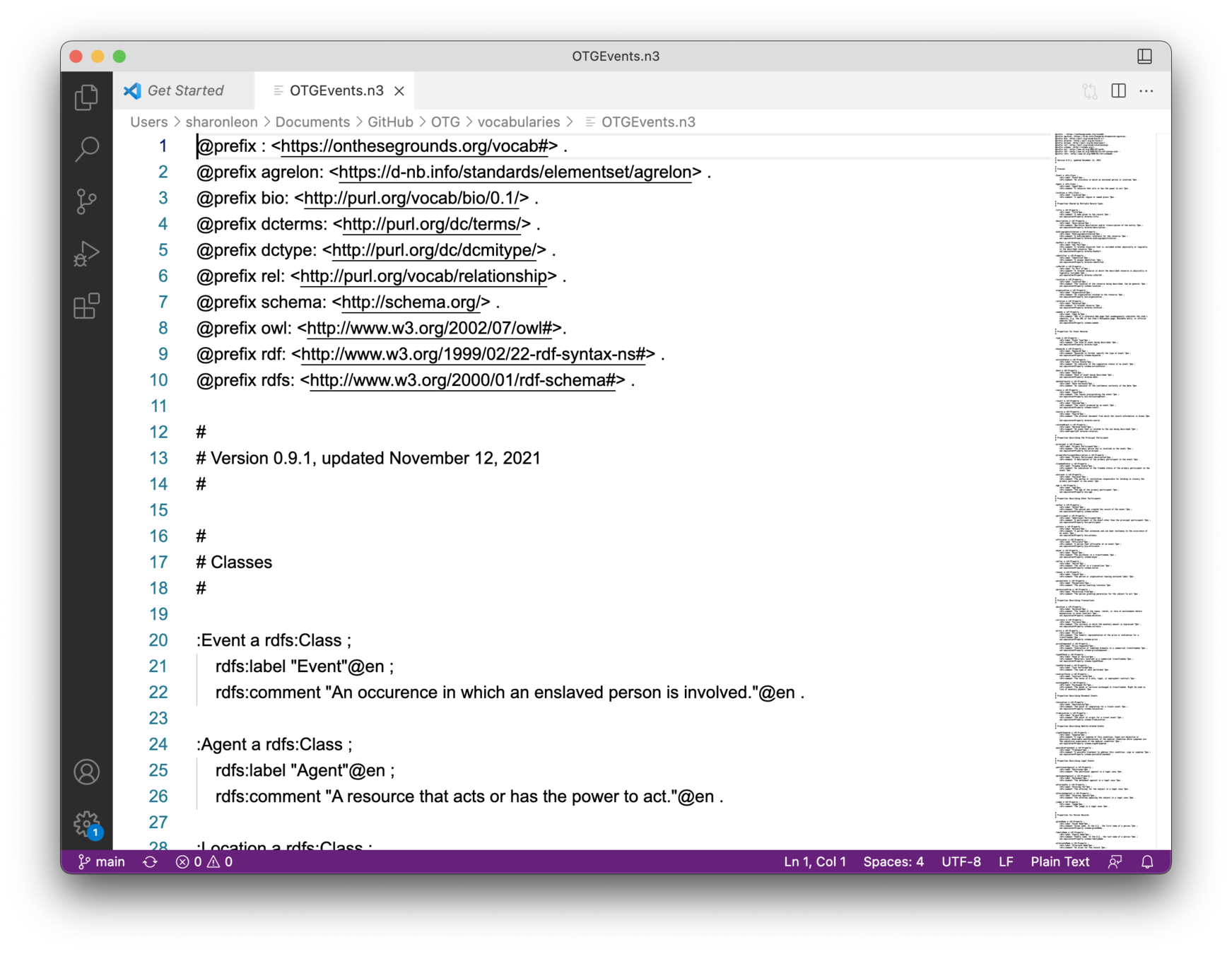
LOD Vocabulary
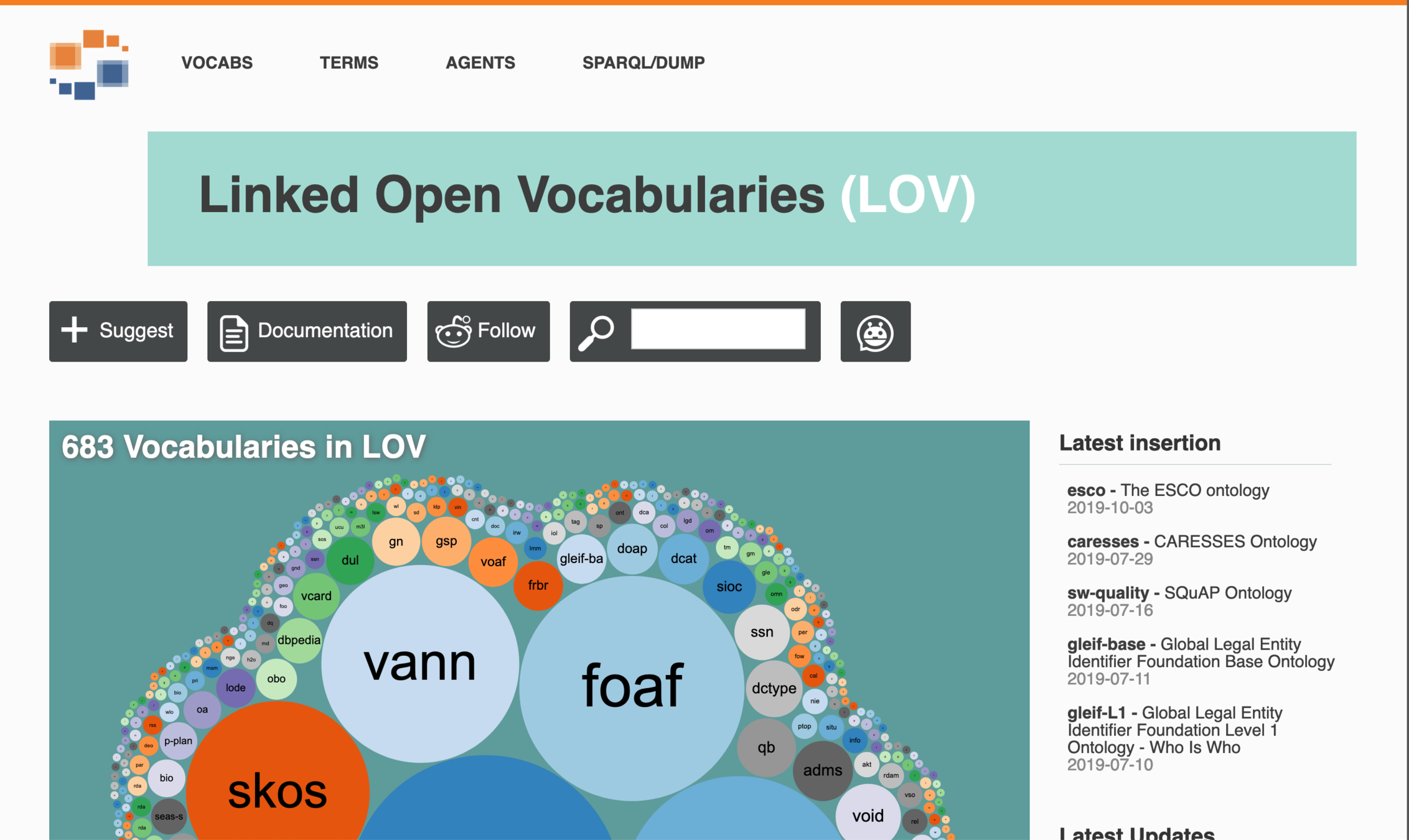
osrdf:per.000106 a "person";
oscys:fullName "Thomas, John, III";
oscys:fullname "Thomas, John, III";
oscys:juryPoolOf osrdf:per.000057,
osrdf:per.000056,
osrdf:per.000058;
oscys:sex "male";
oscys:witnessAgainst osrdf:per.000166,
osrdf:per.000151,
osrdf:per.000150,
osrdf:per.000152;
oscys:witnessFor osrdf:per.000165,
osrdf:per.000153,
No one wants to write their own linked data....
even if it's in a simple form like Turtle.
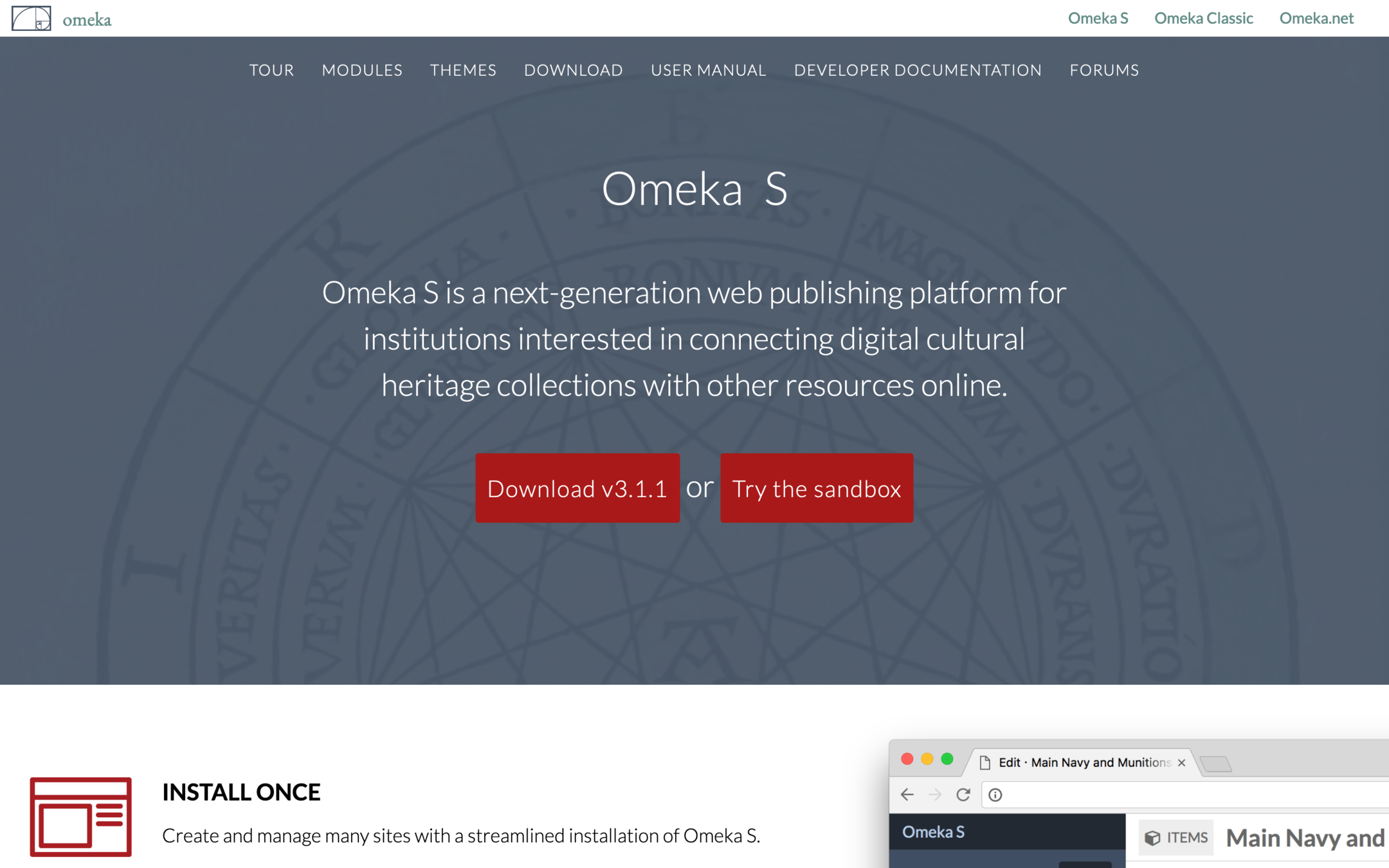
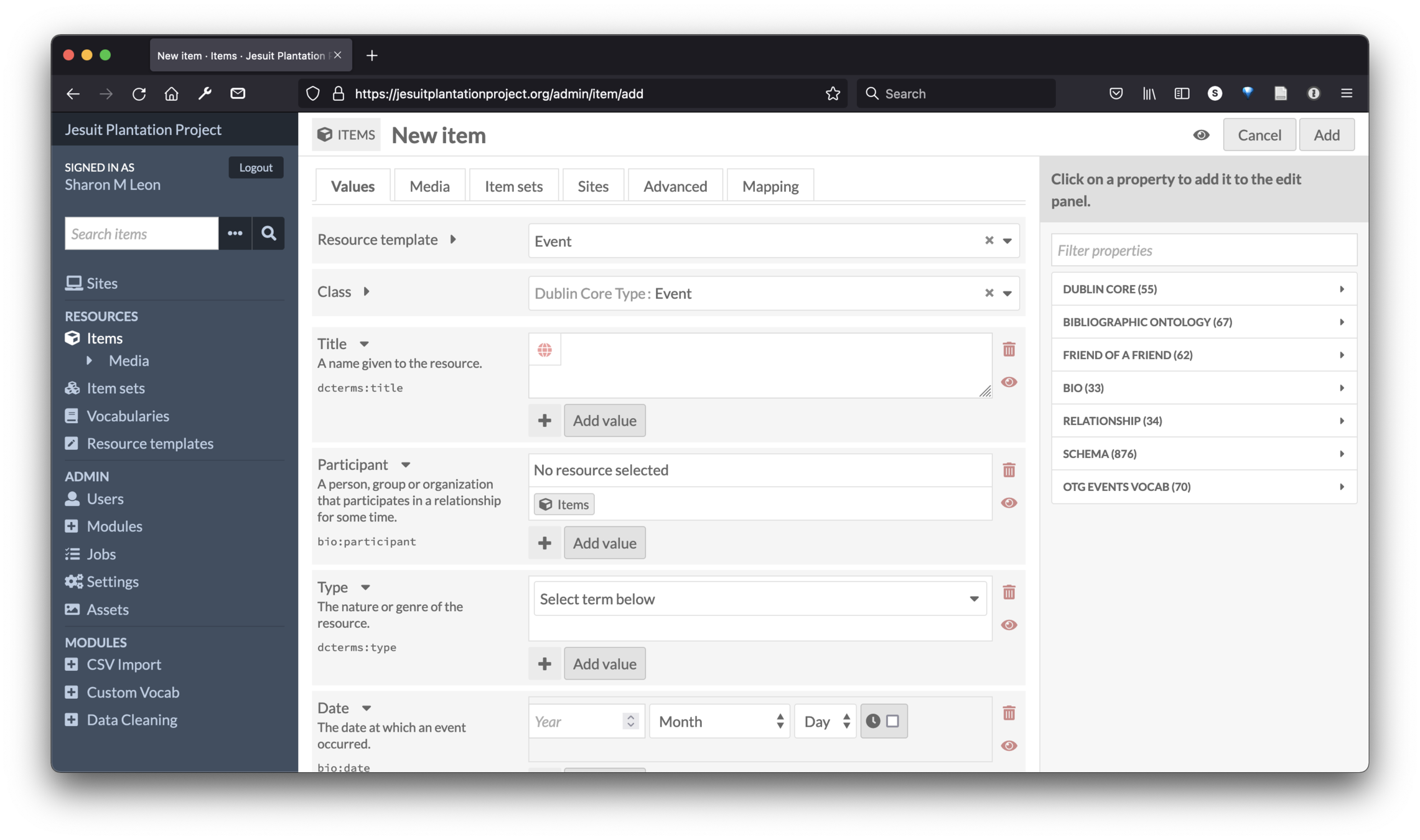
Resource Templates
OTG Event Ontology (0.9.3)
LOD & Controlled Vocabularies
Vocab of 3 classes and 68 properties and Event Type (85), Freedom Status, Action Status, and Date Certainty controlled vocabularies.
Documentation
Defining properties, terms, data types, usage, and frequency.
Resource Templates
Omeka S Resource Templates for four record types: Event, Person, Organization, and Place.
OTG Event Types
- Commercial Transaction
- Education
- Freedom Status Transaction
- Health
- Labor
- Legal
- Life Course
- Membership
- Mention
- Narrative
- Provision
- Religious
- Resistance
- Travel
- Violence
- Hampden-Sydney College
- The Rutgers University of New Jersey
- The University of Georgia
- The University of North Carolina at Chapel Hill
- Washington and Lee University
Testing Partners
